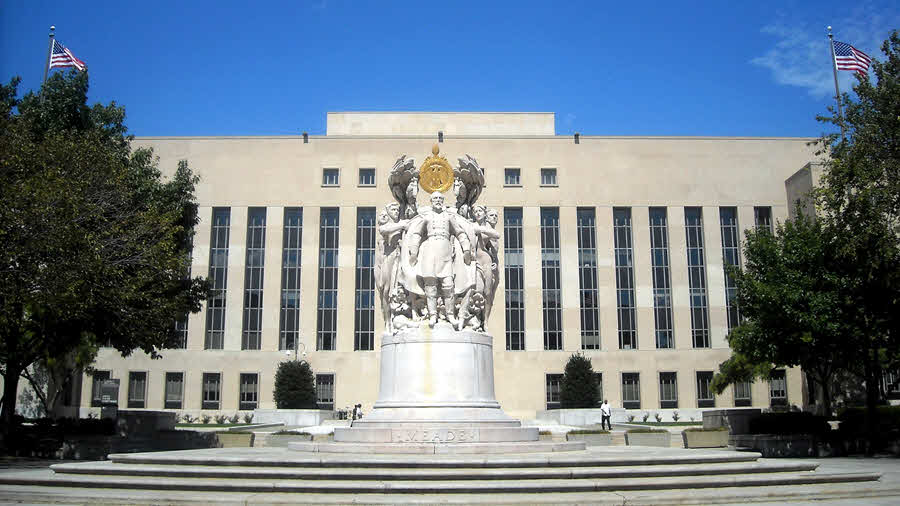INCOMPAS Asks Court Not to Delay Net Neutrality Argument

The smarter way to stay on top of broadcasting and cable industry. Sign up below
You are now subscribed
Your newsletter sign-up was successful
INCOMPAS, one of the groups challenging the FCC's net neutrality deregulation, has asked the U.S. Court of Appeals for the D.C. Circuit not to postpone the Feb. 1 oral argument. Its members include Amazon, Facebook, Google, Twitter and Microsoft.
That came in a filing opposing the FCC's request that the argument be delayed, citing the partial government shutdown that has closed all but FCC auction efforts (which are funded by proceeds not appropriations) and those protecting safety and property.
Related: FCC Seeks Postponement of Net Neutrality Oral Argument
Currently the FCC's counsel is prohibited from working during the shutdown unless "authorized by law," but a court denial of the motion would constitute that express legal authorization and allow the FCC lawyers to work on the argument.
INCOMPAS points out that during the 2013 shutdown, the same court denied a host of similar requests to delay more than a dozen oral arguments.
It also argued that there is need to get the argument done with since "the FCC’s misguided and unlawful repeal of the network neutrality rules, consumers are at risk of substantial harm from Internet Service Providers ("ISPs”), which may now interfere with access to lawful Internet content without the restraint of the net neutrality rules."
Besides, they said, they and other petitioners have invested "substantial resources" to prepare their arguments and an extension would cause "substantial disruption."
The smarter way to stay on top of broadcasting and cable industry. Sign up below
Mozilla, INCOMPAS and others are challenging the FCC's decision in the Restoring Internet Freedom order to classify ISPs as Title I information services rather than Title II telecom services subject to some common carrier regs. The order eliminated rules against blocking, throttling and paid prioritization.
In its opening brief to the court last October, the FCC said that its order deregulating internet access simply restored the longstanding regulatory classification of broadband internet access service as an “information service” under Title I of the Communications Act" and returned to a "light touch" regulatory approach.
Mozilla et al. say that was not just bad policy but illegal.
Their argument is that the FCC decided the agency lacked all jurisdiction over the internet, a radical move that defined the statute, they said. Also in the "illegal" category, they argue what they said was the FCC's "cherrypicking" of investment evidence to justify their predetermined outcome of reversing the Title II classification.
Contributing editor John Eggerton has been an editor and/or writer on media regulation, legislation and policy for over four decades, including covering the FCC, FTC, Congress, the major media trade associations, and the federal courts. In addition to Multichannel News and Broadcasting + Cable, his work has appeared in Radio World, TV Technology, TV Fax, This Week in Consumer Electronics, Variety and the Encyclopedia Britannica.

